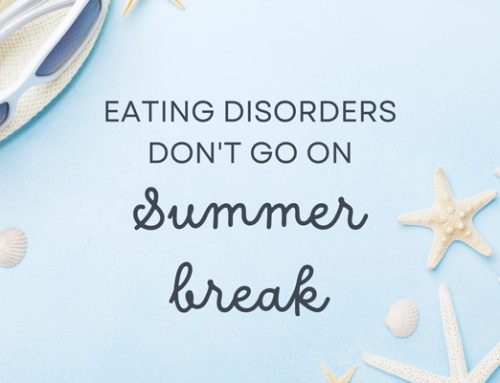Let us change our perspective!
As 2018 finishes its year-long unspooling, it’s time to once again for many people to optimistically plan for that well-worn ritual, the making of the New Year’s Resolution. We humans love ritual and ceremony, and in this case we tend to use the ceremony of the annual advance in the calendar year as an excuse to commit to personal change. But when you think about it, January 1st is just one day out of 365, and you might as well pick any day to commit to self-improvement, like your birthday, or the start of football season, or St. Swithin’s Day. With major shifts in behavior launched in such an arbitrary manner, is it any wonder that those promises of beneficial change that many of us make are promises that we’ll actually be lucky to carry to the seven-week mark (after all, roughly 80% of New Year’s resolutions fail by mid-February.) For most of us, making these resolutions are exercises in frustration that will in the long run only amount to triggers for damaged self-esteem.
Not helping the future of an individual’s New Year’s resolution is the fact that most resolutions revolve around some sort of inflexible new self-imposed rule, along the lines of “This year I resolve to always…” or “this year I resolve to never...” Rules, the saying goes, are made to be broken. If you decide to commit to a new rule that in any way cramps your style and makes you uncomfortable, you can just as easily end up deciding to uncommit.
Now, before you start to consider me a complete kill-joy, I do have an alternative to those difficult-to-sustain resolutions. Think about the areas and aspects that you wish to shift in your life, and then instead of mandating a change to your habits, why not just adjust your perception? That is, if you want to affect change, consider shifting your relationship with the thing you want to change.
For example, if you are feeling overwhelmed by what or what not to eat and what to do to improve your food intake, try to avoid making strict, unsustainable diet rules. Rigid thinking that turns food choices into tests of almost religious moral character most often lead to failed diets or incomplete nutrition, or some measure of disordered eating. Instead, go to what’s motivating your desire to change –a need to eat healthier, say– and learn to listen your body’s own in-borne intuition. In other words, eat when hungry, remind yourself to stop eating when no longer hungry, and approach things like treats with the same mindset. And if or when you eat more of one thing or another than you had planned, just give yourself a break and then follow your body’s intuition at the next opportunity.
Or, if your body is telling you it wants more exercise, give yourself the freedom to open up the options in that regard. Of course going to the gym is great, but there are other ways to satisfy the need for movement and keeping your muscles toned. For instance, use stairs instead of the elevator, walk as much as possible, or do push-ups with your toes on the floor and your hands gripping the counter while waiting for coffee in the kitchen, or in the bathroom while waiting for the shower to heat up.
If your goal is find a way to be more mindful or spiritual, spend a few moments planting little weekly or daily alarms in your phone to remind you to take a moment now and then to focus on gratitude or devotional thoughts.
My point is, if you put more intuition and creative thought (and less rule making) into your self-care, you can avoid putting so much pressure on yourself… and probably end up getting more of the kind of life you want, in a gentle and positive manner.
And isn’t that enough to make any New Year a happy one?





